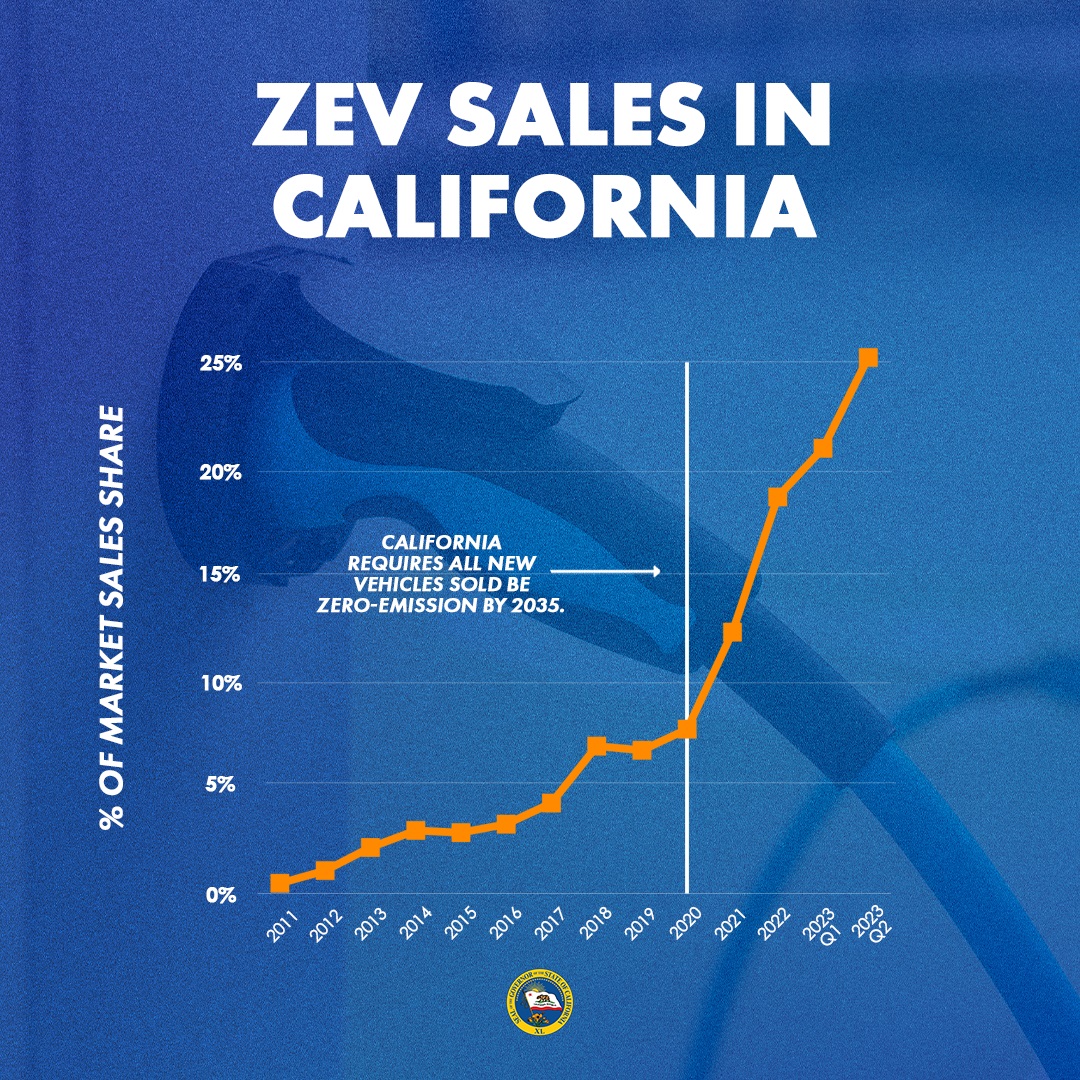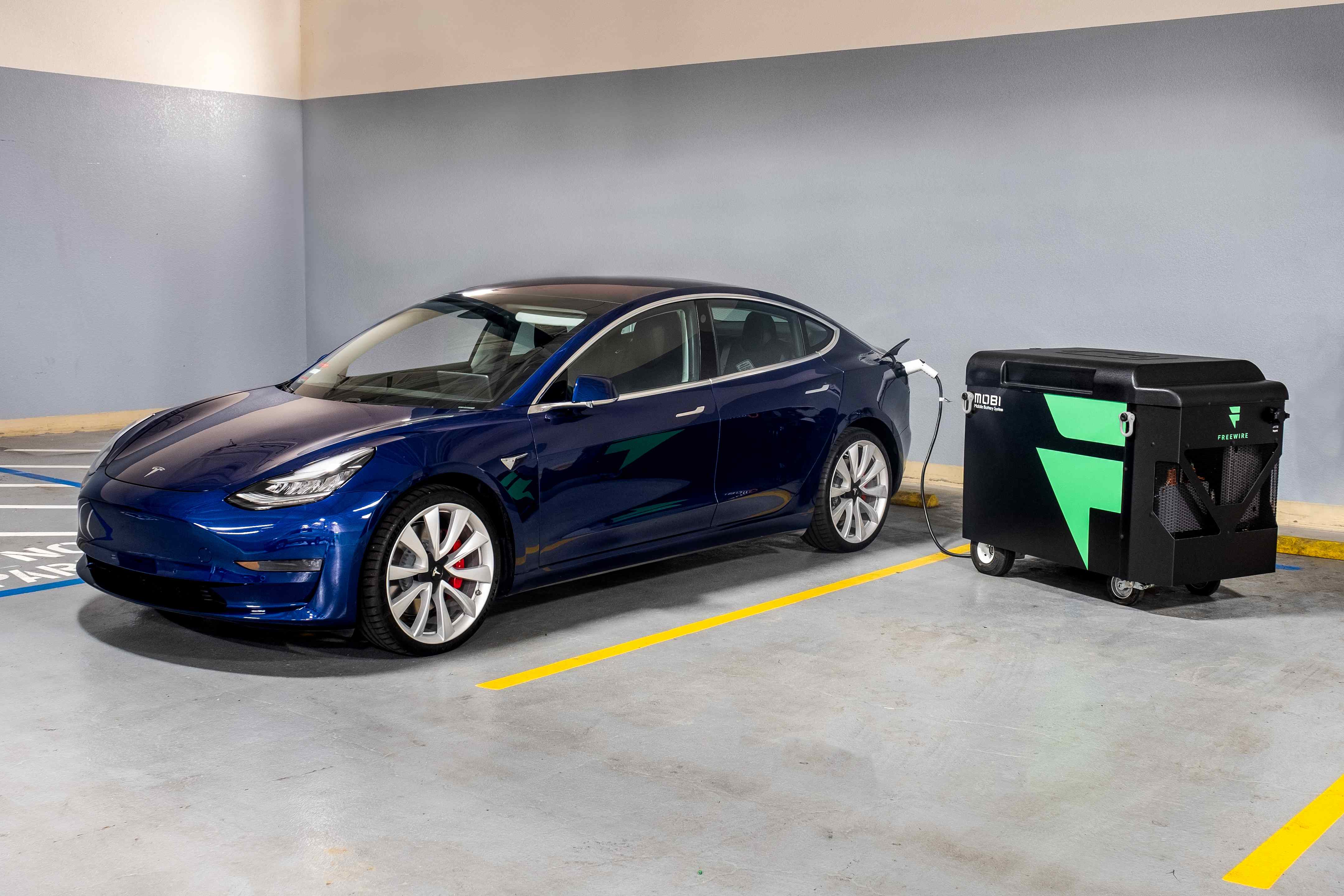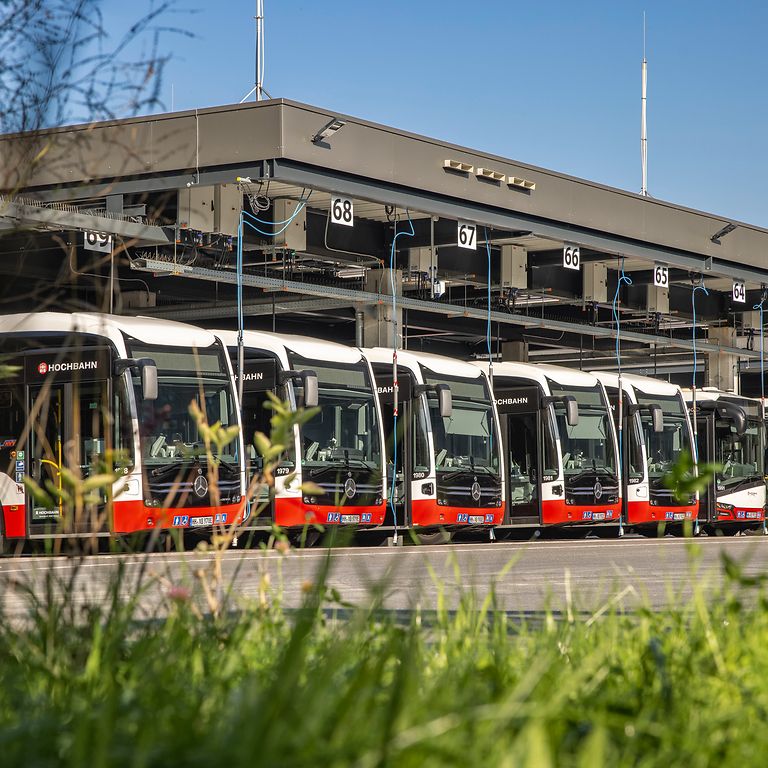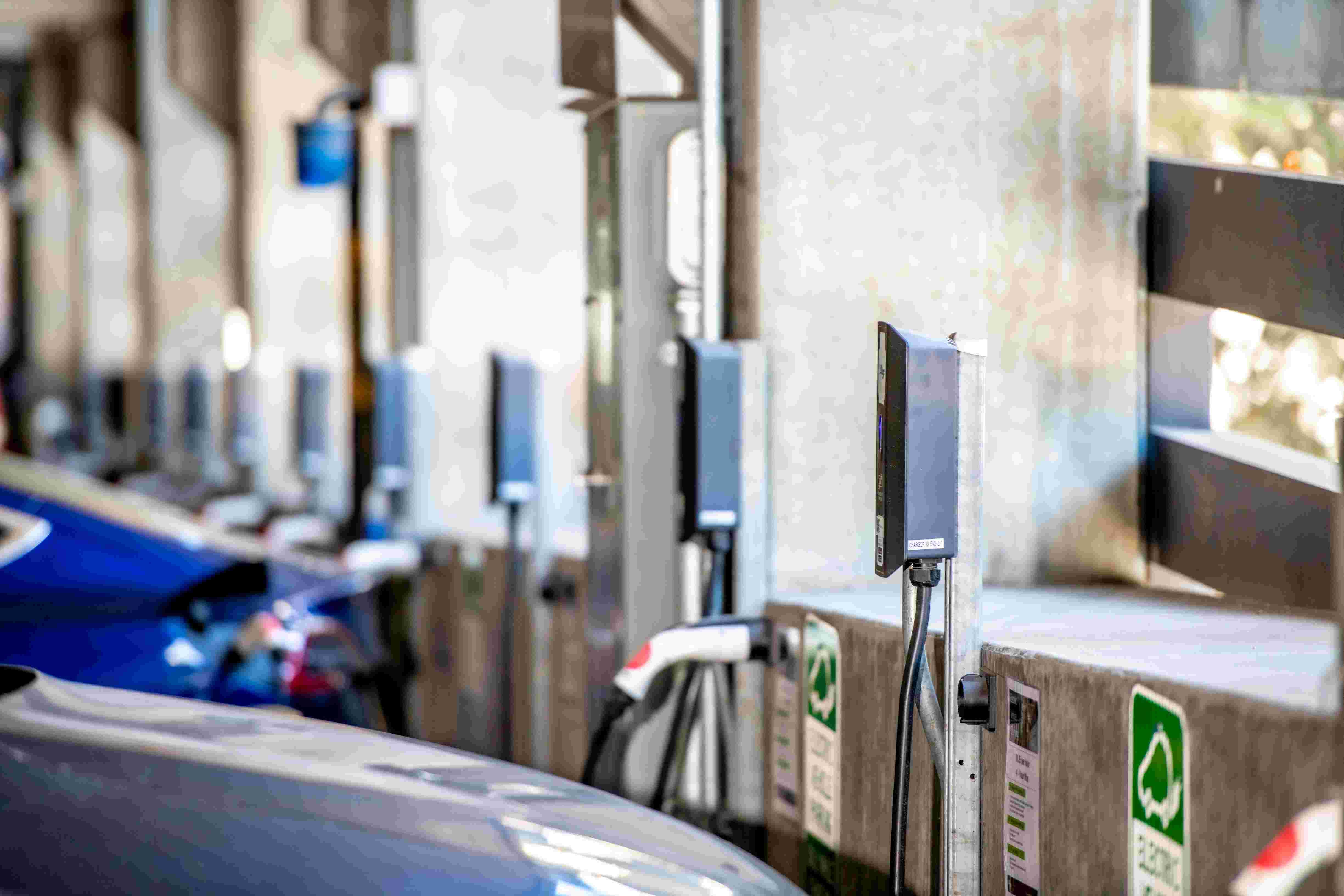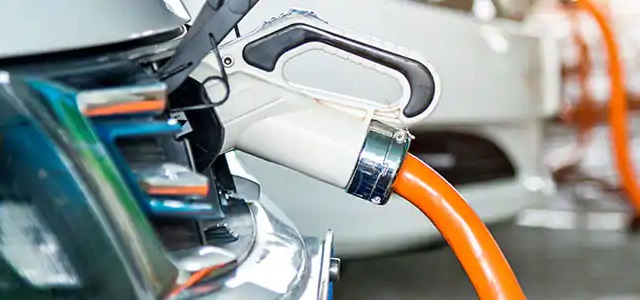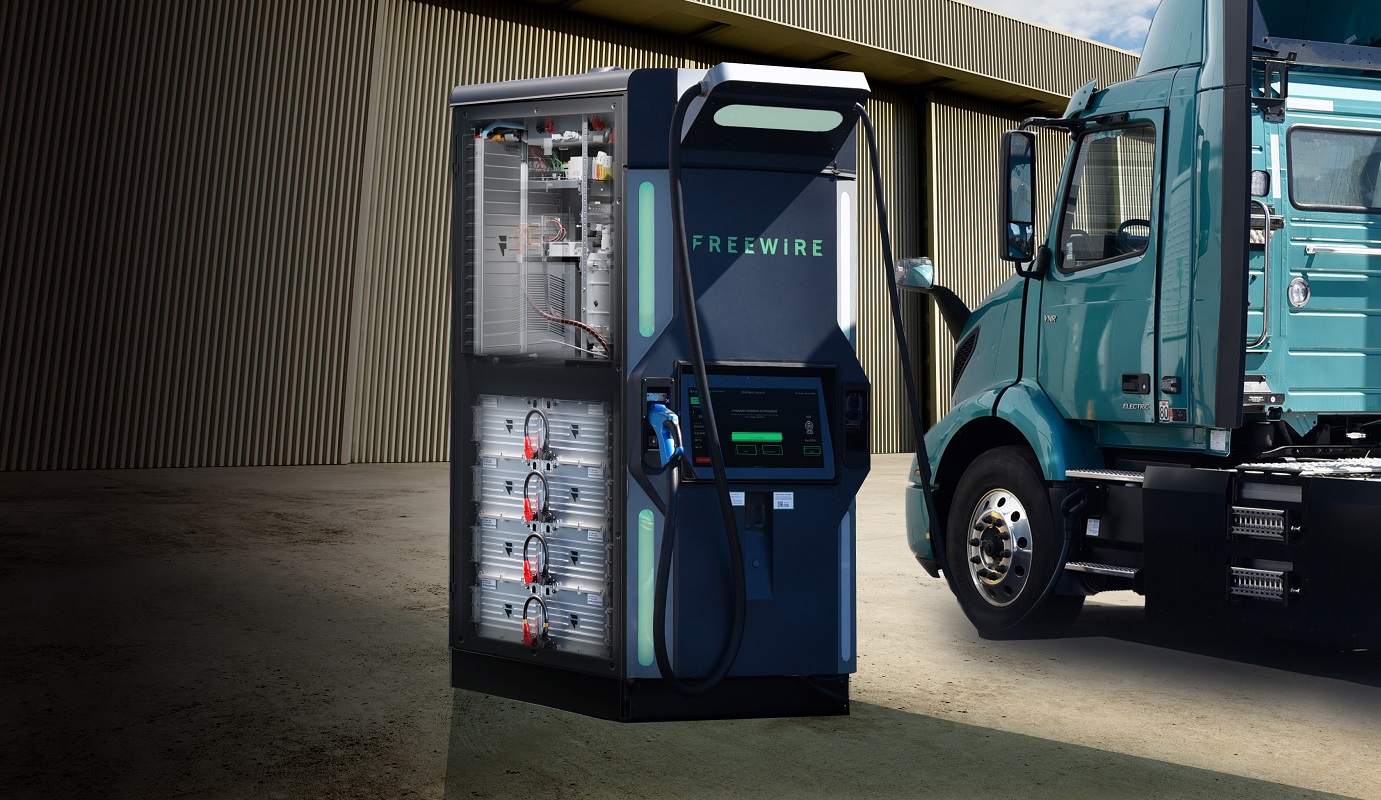
The two companies say that this in turn creates additional revenue opportunities for FreeWire’s customers. The initial phase of the partnership will allow the dispatching of battery-integrated electric vehicle supply equipment (EVSE) by Pacific Gas & Electric, providing critical support to California ISO to mitigate the risk of blackouts.
FreeWire Technologies’ fully integrated Boost Charger plugs into existing and ubiquitous low-voltage utility service and delivers high-power charging in areas that typically require extensive grid upgrades. The device enables ultrafast EV charging at all locations, freeing customers from the costs of providing fast charging using power directly from the electricity grid.
“Our partnership with Voltus enables us to provide essential services to the grid, while safeguarding the charging experience for the EV driver,” said Sudhansh Neravetla, director of energy services, FreeWire Technologies.
California alone is striving to deploy 250,000 public and shared private electric vehicle chargers by 2025 and forecasts the need for 1.2 million chargers by 2030 for light-duty vehicles and 157,000 chargers for medium- and heavy-duty vehicles. According to a recent ICF report, nationwide EV adoption could increase annual energy demand by 40% in 2050 and require more than US$125bn for infrastructure upgrades in the US alone.



